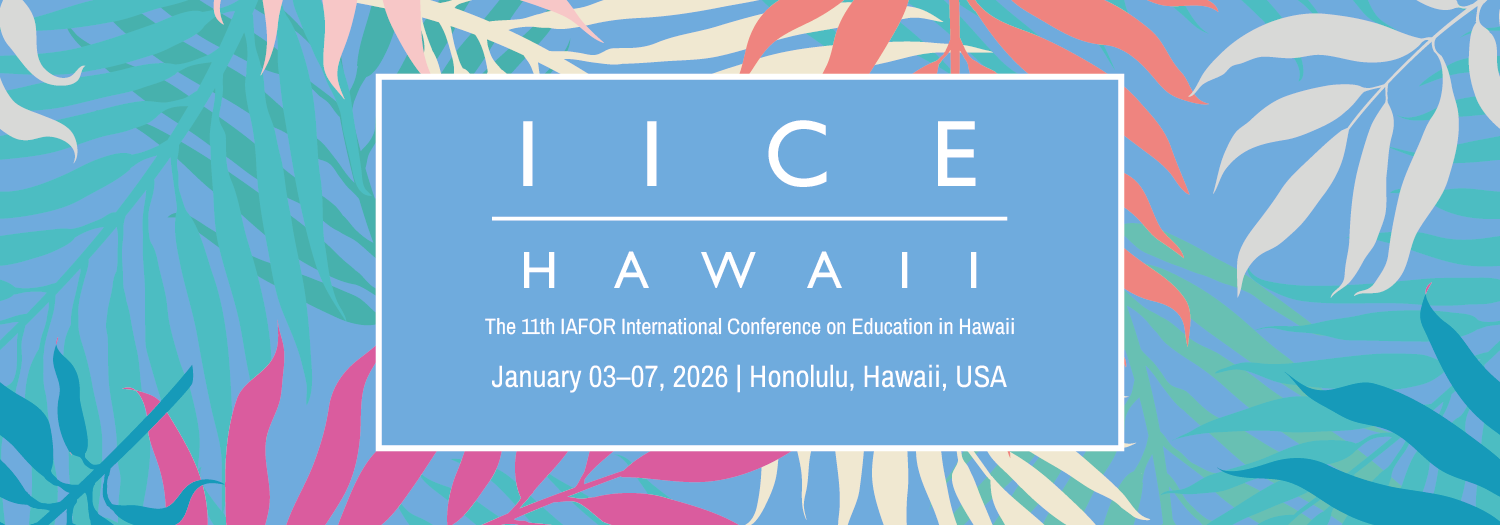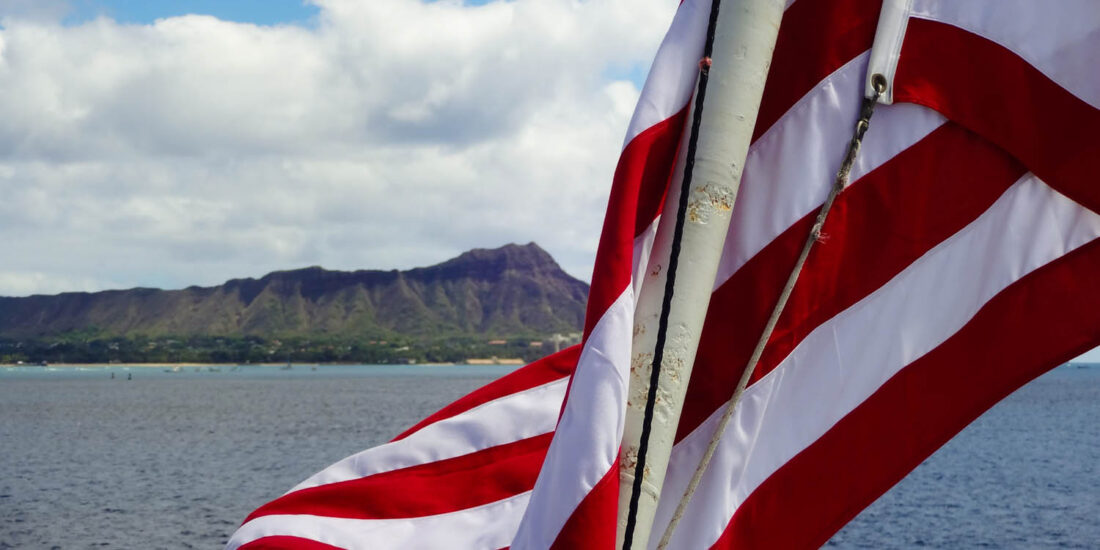Pacific islanders, in pursuing an education in America’s universities, have to deal with cultural perspectives that influence their way of life, behaviour, motivation and learning. These students, comprising different levels of English language proficiency with diversified degrees of socialization in globalization, continue to perform poorly in America’s institutions of higher learning. The students could be non-citizens with student visas or bona fide citizens of the United States who are children of immigrants from Polynesia, Micronesia and Melanesia.
The cultural perspectives that determine their identity and self-esteem could be barriers as well as sources of conflict in the academic setting. The challenge is to deal with two perspectives that are bipolar in nature: the heritage culture as well as the school culture with its norms and expectations. Pedagogically, the context of teaching is focused on global perspectives, thus contributing to the already disadvantaged Pacific islanders.
As students acquire a more global perspective, they are in a position to negotiate the system, engage meta-cognitively and participate in the learning process. In retrospect, the greater the level of cognition related to global perspectives, the more likely for the students to acquire, adapt and apply effective strategies that contribute to their academic success. When there is greater incongruence between cultural and global perspectives students feel challenged, lack motivation and experience alienation in the educational settings. The end result could be failure and overall poor performance.
Click here to read the biographies of IICEHawaii2018 presenters.

